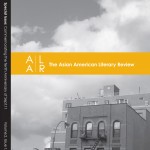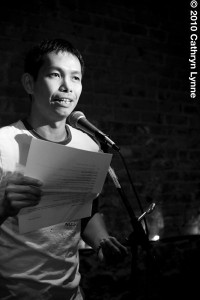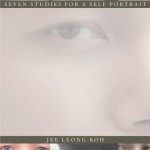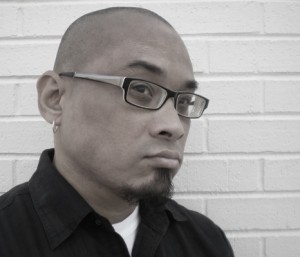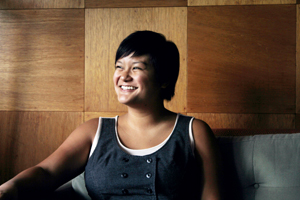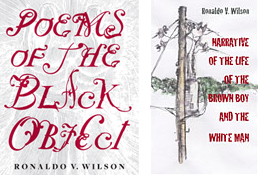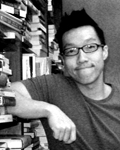Becoming Realer: Identity, Craft and the MFA is a column that explores issues of poetry, theory and writing craft in relation to the personal experiences of Saint Mary’s College of California Creative Writing MFA candidate and LR staff writer, Kelsay Myers.

Earlier this month, Beijing-born storyteller and essayist Yiyun Li came to Saint Mary’s for a craft talk and reading. One of the things she said is that we write to be in dialogue with writers whom we admire. Li’s words reminded me of something similar I heard in high school from a screenwriter, who said writers write because they love actors. I couldn’t agree more.
Before our summer hiatus, I wrote about feeling like I was finally a part of the Asian American movement in San Francisco after meeting Flo and Nellie Wong at an art exhibition last spring. After such a grandiose rush of historical connection, my thoughts have turned inward once again, mainly to ideas about persona and “the dialogical self.”
One of the first books of poetry recommended to me was Open House by Beth Ann Fennelly. In her long poem, “From L’hotel Terminus Notebooks,” her speaker has an internal argument with a man who represents the critic’s voice. The voice is antagonistic and imaginary, yet also a part of herself. Psychologist Hubert Hermans considers this, the relationship between all the disparate voices in our minds, to be “the dialogical self.” The self in dialogue.
Continue reading “Becoming Realer: A Conversation with the Surreal”
